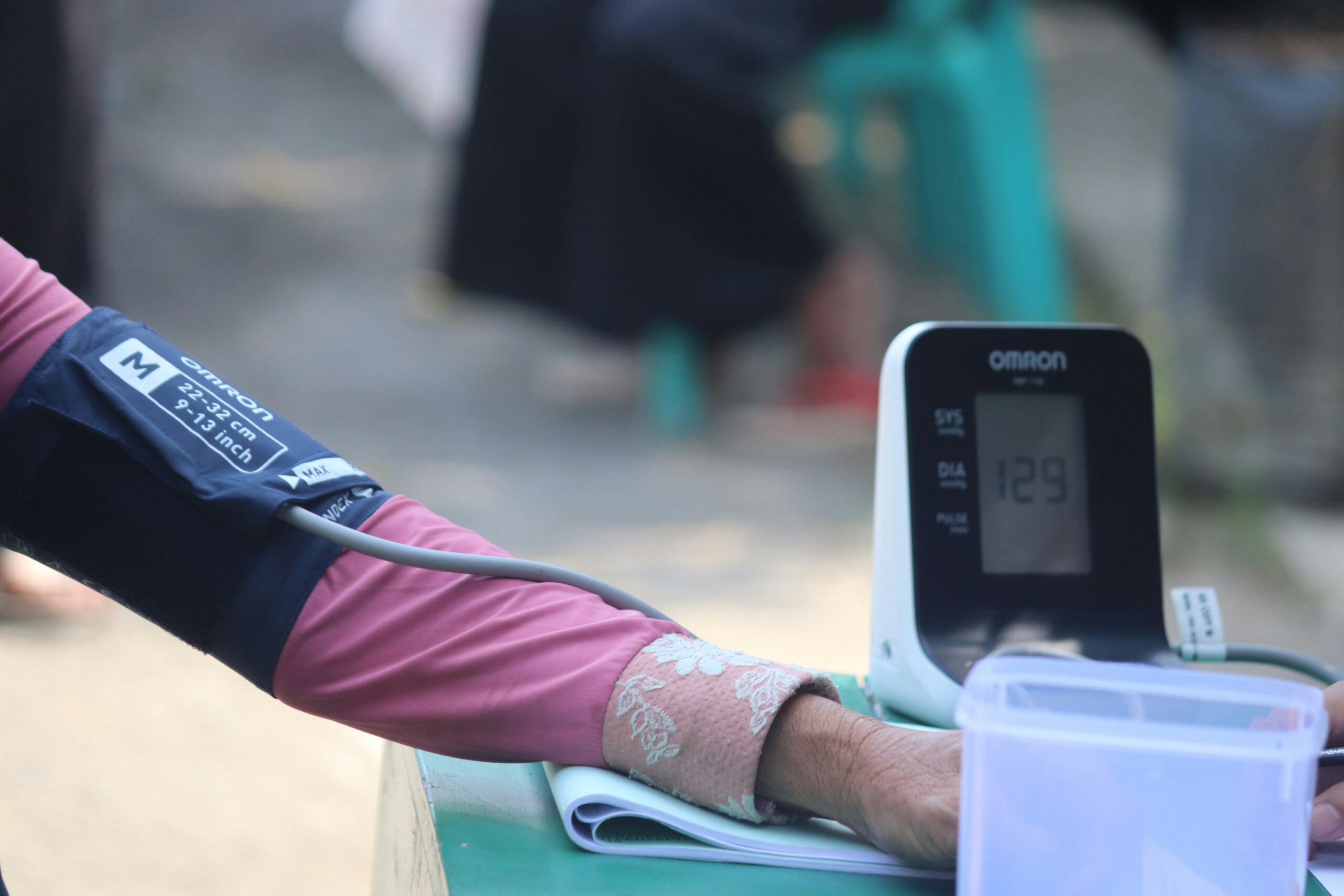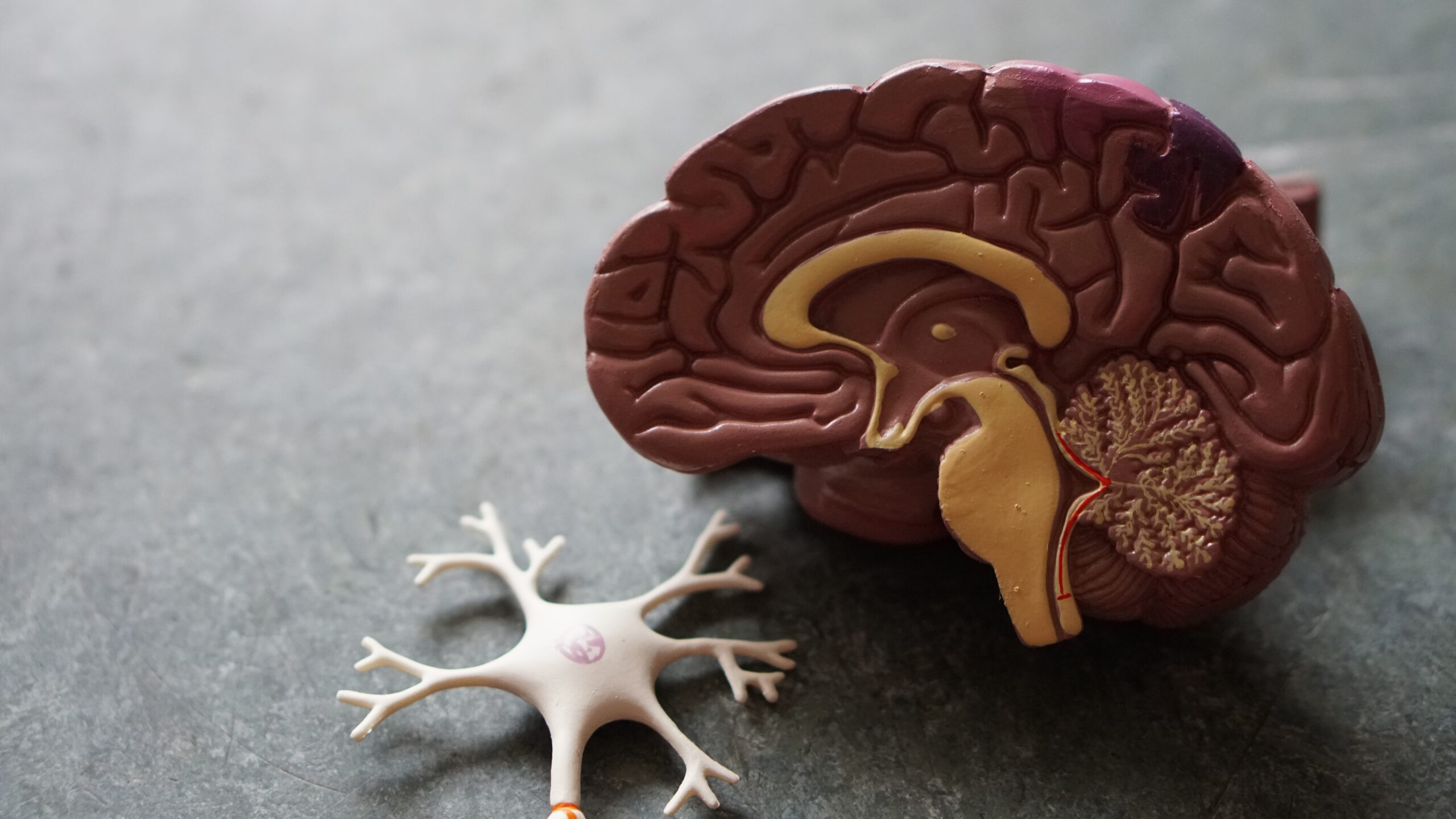The Silent Killer: High Blood Pressure Myths Busted

High blood pressure, also known as hypertension, is a common health condition that affects millions of people worldwide. It is often referred to as the “silent killer” because it typically has no symptoms, yet it can lead to serious health complications if left untreated. Unfortunately, there are many myths and misconceptions surrounding high blood pressure that can prevent people from effectively managing their condition. In this article, we will debunk some of the most common myths about high blood pressure and provide you with accurate information to help you take control of your health.
Myth 1: High blood pressure only affects older adults
Contrary to popular belief, high blood pressure can affect people of all ages, including children and young adults. While the risk of developing high blood pressure does increase with age, it is not solely an age-related condition. Lifestyle factors such as poor diet, lack of exercise, and stress can contribute to high blood pressure at any age. It is important for everyone, regardless of their age, to monitor their blood pressure regularly and make healthy lifestyle choices to prevent or manage hypertension.
Furthermore, high blood pressure can be hereditary, meaning that if there is a family history of the condition, you may be at a higher risk of developing it, regardless of your age.
Myth 2: Only people with high-stress levels have high blood pressure
While stress can temporarily elevate blood pressure, it is not the sole cause of hypertension. Many factors contribute to high blood pressure, including genetics, diet, physical activity levels, and overall health. It is essential to understand that even individuals with low-stress levels can develop high blood pressure if other risk factors are present.
Myth 3: High blood pressure is always accompanied by noticeable symptoms
As mentioned earlier, high blood pressure is often referred to as the “silent killer” because it typically does not cause noticeable symptoms. This is why regular blood pressure screenings are crucial, especially for individuals with risk factors such as obesity, family history, and certain medical conditions. By monitoring your blood pressure regularly, you can detect any changes early and take appropriate measures to manage your condition.
Myth 4: Salt is the main cause of high blood pressure
While excessive salt intake can contribute to high blood pressure in some individuals, it is not the sole cause of hypertension. Other factors, such as genetics, obesity, lack of physical activity, and excessive alcohol consumption, also play significant roles in the development of high blood pressure. It is important to maintain a balanced diet, limit processed foods, and monitor overall sodium intake, but it is equally important to address other lifestyle factors to effectively manage blood pressure.
Myth 5: Once you start taking medication for high blood pressure, you have to take it for life
While medication is often prescribed to manage high blood pressure, it does not necessarily mean that you have to take it for the rest of your life. By making positive lifestyle changes, such as adopting a healthy diet, engaging in regular physical activity, managing stress, and quitting smoking, you may be able to reduce or even eliminate the need for medication. However, it is crucial to consult with your healthcare provider before making any changes to your medication regimen.
Myth 6: High blood pressure is not a serious condition
High blood pressure is a serious health condition that can lead to various complications if left untreated. It increases the risk of heart disease, stroke, kidney damage, and other cardiovascular problems. It is essential to take high blood pressure seriously and work towards managing it through lifestyle modifications and, if necessary, medication.
Myth 7: Exercise is not recommended for people with high blood pressure
Regular exercise is highly beneficial for individuals with high blood pressure. Engaging in physical activity helps strengthen the heart, improve blood circulation, and lower blood pressure. However, it is important to consult with your healthcare provider before starting any exercise program, especially if you have other underlying health conditions. They can provide guidance on the most suitable types and intensity of exercise for your specific situation.
Conclusion
By debunking these common myths about high blood pressure, we hope to provide you with accurate information and empower you to take control of your health. Remember, regular blood pressure screenings, adopting a healthy lifestyle, and working closely with your healthcare provider are key to effectively managing high blood pressure. Don’t let the “silent killer” go unnoticed – take action today to protect your heart and overall well-being.




